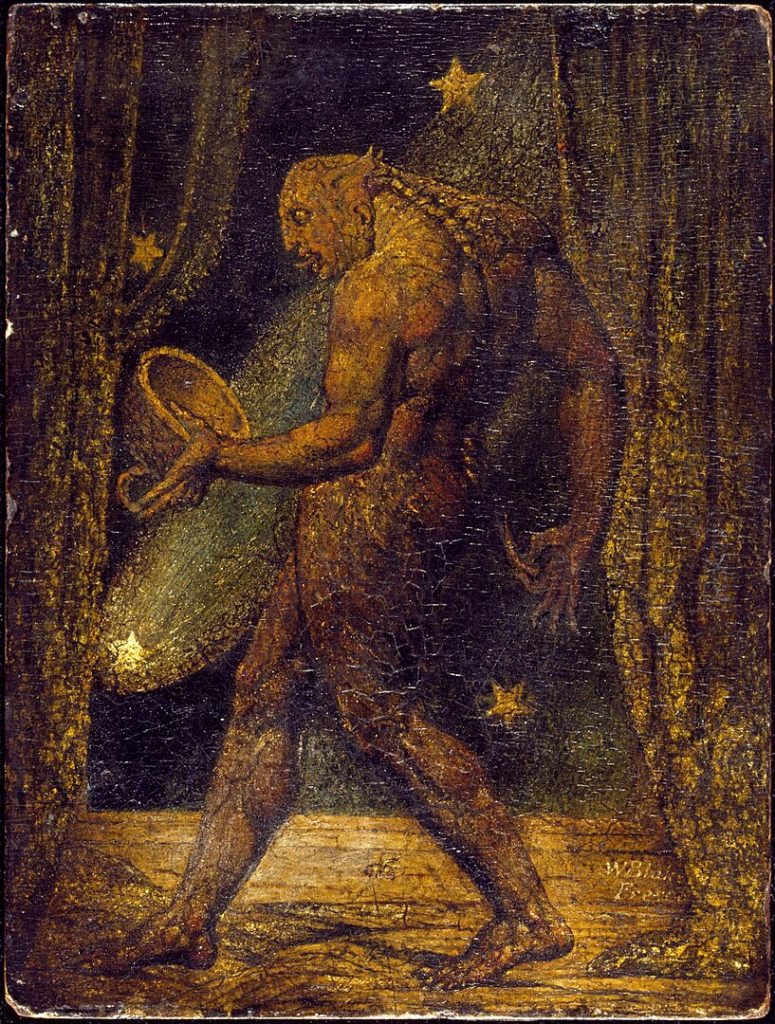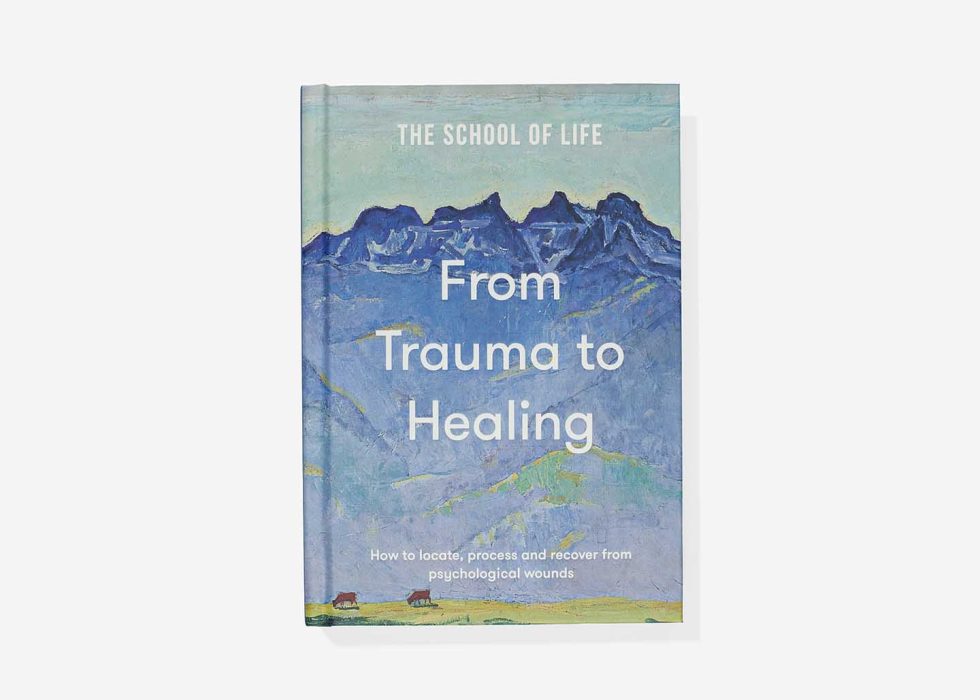Self-Knowledge • Fear & Insecurity
Fears Are Not Facts
Sometimes, when those of us subject to extreme anxieties are in a particularly intense period of panic, a kindly friend will say a well-known phrase to us: a fear is not a fact.
This small sentence, in which so much wisdom is compressed, can helpfully jolt our minds into greater ease. We become – thanks to this intervention – newly aware of a difference between what is actually real and what feels real, between what is truly going on in the world, and what is going on in our thoughts about the world. The catastrophe we imagine is happening might be more a spectre in our minds than a disaster in the three dimensional realm.

Nevertheless, we are left with a question: if a fear is not a fact, what is it? Why is it so powerfully present in our minds? And why is it ruining our lives?
Fears that don’t tend to go away, fears that are outsized, exorbitant, all consuming and tyrannical tend to be what we can call shadow fears. They are shadows of frightening things from long ago, that throw shade across unfairly vast stretches of our adult lives. They contain the kernel of a painful event that happened in childhood that has not been properly explored, understood, felt, processed and then put to bed, partly because we have lacked the support to investigate our minds, partly because we are being loyal to care-givers whom we are attached to thinking well of.
How then might we ever come to know our original fears? We can deduce much that we need to know about them by exploring what we are scared of right now. The clues as to what happened long ago lie in the structure of our present apprehensions.
Imagine that we are continually afraid that we have done something ‘wrong’ at work and will be excommunicated and damned. Or that we will be ejected from our social group. Or that we have made a sexual overture to someone which will be met with fury and horror.
The mind doesn’t naturally incline to its own therapeutic investigations; it simply thinks that a fear is a fact. But it is within our rights to decide that we have had enough of these rapid conclusions and now want to train it to a be a more patient analyst of its apprehensions.
We can try to match the terrors we feel now to something more ancient:
— Did we ever try to do something creative and original and then found that we attracted fury?
— Were we ever ejected from a social group?
— Did we ever display a proto-sexual appetite or interest and then were viciously condemned for doing so?
Clues may come to the surface: there might have been something with our mother and rage in relation to our playful proposals; our little sister did maybe, in a devastating way, take away our parents’ interest in us. Our father did perhaps respond inappropriately to our early explorations of our sexuality.
It’s a basic truth of psychological life that our pains want to be known – and the less we can bear or manage to know them, the more they will latch on to problems in the present that resemble them, until we have no option but to pay them attention. We will suffer via symptoms and neuroses what we have not understood and mourned as events in reality.



























